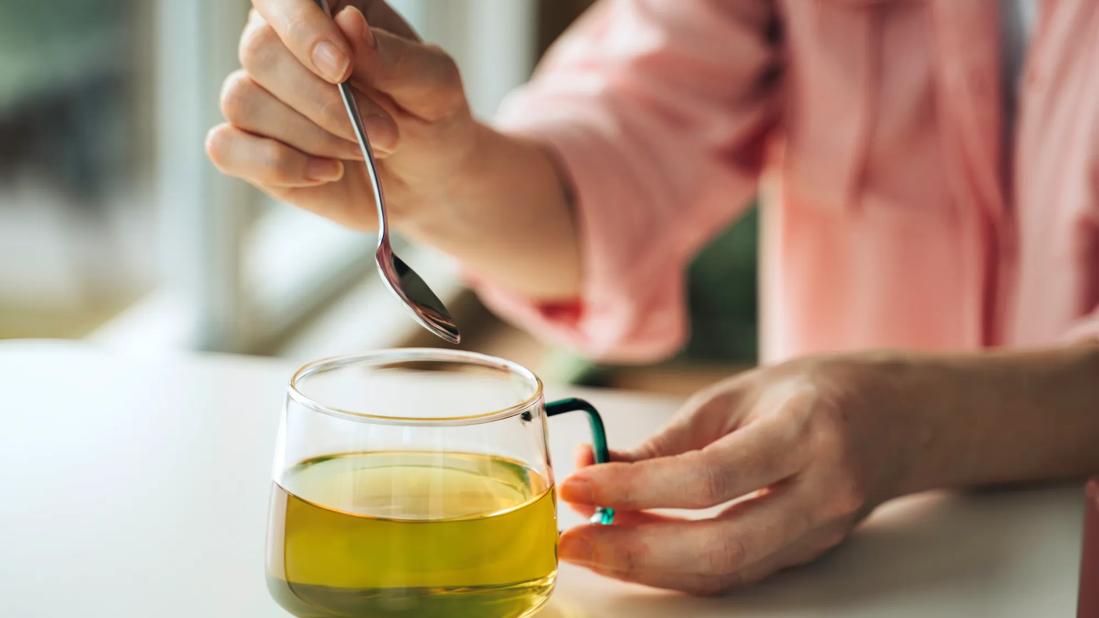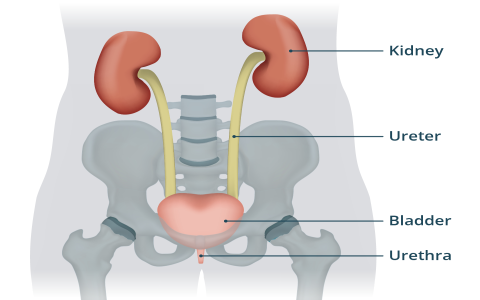Understanding Digestive Teas
Digestive teas are herbal infusions formulated to support and improve digestive system function. They are often consumed to alleviate common discomforts such as bloating, indigestion, gas, and nausea by leveraging the natural properties of various herbs and spices.

Common Digestive Teas and Their Benefits
- Peppermint Tea: Known for its menthol content, peppermint tea can help relax the muscles of the gastrointestinal tract, potentially easing spasms, reducing bloating, and alleviating symptoms of Irritable Bowel Syndrome (IBS).
- Ginger Tea: Contains gingerols and shogaols, compounds that stimulate digestion, reduce nausea, and possess anti-inflammatory properties. It is often used for motion sickness and morning sickness.
- Chamomile Tea: Offers calming and anti-inflammatory effects. It can soothe an upset stomach, reduce gas, and help with stress-related digestive issues due to its gentle sedative properties.
- Fennel Tea: Traditionally used to relieve bloating, gas, and stomach cramps. Fennel seeds contain anethole, which can relax intestinal muscles and aid in expelling gas.
- Dandelion Root Tea: Acts as a mild diuretic and can stimulate bile production, which aids in fat digestion and supports liver function. It may also have prebiotic effects, promoting healthy gut bacteria.
- Lemon Balm Tea: Known for its calming properties, lemon balm can help soothe nervous indigestion, reduce bloating, and ease discomfort associated with stress.
Tips for Optimal Use
To maximize the benefits of digestive teas:
- Quality Matters: Opt for high-quality, organic loose-leaf teas or tea bags to ensure purity and potency.
- Proper Steeping: Follow recommended steeping times and temperatures for each specific herb, typically 5-10 minutes in hot (but not boiling) water, to extract active compounds effectively.
- Timing: Consuming digestive tea 20-30 minutes after a meal is often most effective for aiding digestion. Some, like ginger tea, can be taken before meals to stimulate appetite or as needed for nausea.
- Moderation: While beneficial, excessive consumption can sometimes lead to adverse effects. Generally, 1-3 cups per day is considered safe for most individuals.
Important Considerations
Consult a healthcare professional before incorporating digestive teas into your routine, especially if you are pregnant, breastfeeding, have pre-existing medical conditions, or are taking medications, as some herbs can interact with drugs or have contraindications. Digestive teas are a complementary aid, not a replacement for medical treatment for persistent or severe digestive issues.










